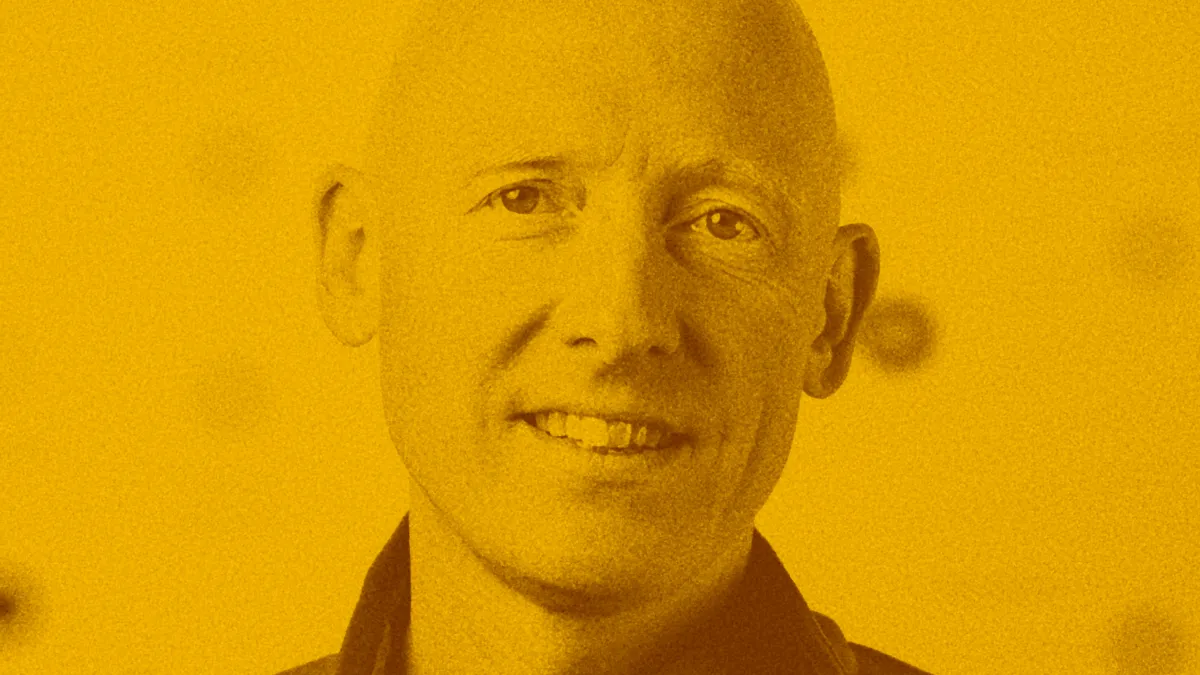Episode 154 of The Informed Life podcast features a conversation with my friend Peter Morville. Peter is a pioneer of information architecture, having co-authored the polar bear book and co-founded Argus Associates, the first IA consulting firm. (Both with Lou Rosenfeld.) This year, Peter decided to retire from IA consulting, and I wanted to ask him about his decision.
We started by reviewing Peter’s career, including the publication of the polar bear book, the founding of Argus, and his subsequent books – all focused on IA. So this was a big shift. As Peter put it,
information architecture was really at the heart of my identity for 25 years or so. So yeah, this was a huge pivot, not just in a practical way of shifting from earning a really good living pushing pixels, to earning nothing shoveling donkey poop, but also just in how I see myself. My own sense of identity has gone through a massive change in the last several years.
So why change and why now? The short version: the internet has matured so the discipline has changed. The early days were a more free-ranging period. It wasn’t clear to people in leadership positions why they should care about this internet stuff, and so they mostly focused elsewhere.
Of course, that’s changed. The internet is now central to business and society more broadly. As a result, designing information systems is now subject to the same kinds of political and competitive pressures that have always characterized important undertakings. Again, Peter:
I came out of library school. And libraries are not a normal part of capitalism, right? Libraries are a place where we share, where things are free. And there was a culture in library school around sharing and providing access to information and helping people without expecting payment in return. And what I saw the internet as at that point in 1993 or so was that we had this amazing potential to create a global digital library where we could all share information and help each other make better decisions and become more informed.
And that was the passion that drove me into information architecture, and in the context of information architecture consulting, what I cared about the most was the user. I wanted to help people to find information, to find what they need, with the least amount of pain and suffering. And that’s very in keeping with the origins of user experience, right? So we’re not just talking about information architecture, but we’re talking about user experience more broadly.
And what I was seeing in the later years was an incredible challenge in actually practicing what you might call user-centered design in an environment where it’s much more common to practice stakeholder-centered design, to design in a way that’s in the interests of stakeholders within the business. Sometimes that even runs against the actual overall profitability and success of the business itself. But you have these fiefdoms within large enterprises where folks are running it for the benefit of their unit, sometimes at the expense of the whole.
But my problem wasn’t even whether or not you’re running it at the expense of the whole so much, it was, “You’re not willing to do what your customers need.” And if you just look at the experiences that we all have with websites nowadays, in many cases, they’ve gone downhill. They’re not getting better; they’re getting worse.
Peter illustrated the situation with a story from his last consulting engagement, which I won’t spoil here. But I’ve experienced similar situations, and they can be very frustrating.
So if not information architecture, then what is Peter working on now? He’s published a new book that is a marked departure from his previous works and started an animal sanctuary with his daughter Claire. He seems contented as he undertakes this new way of being in the world.
As reflected in the episode title, this is the first of two conversations with Peter on the subject of major transitions. I hope you get as much value from this first part as I did – and be sure to tune in to part 2, as it’s a doozy.
The Informed Life episode 154: Peter Morville on Exit Interview, part 1
